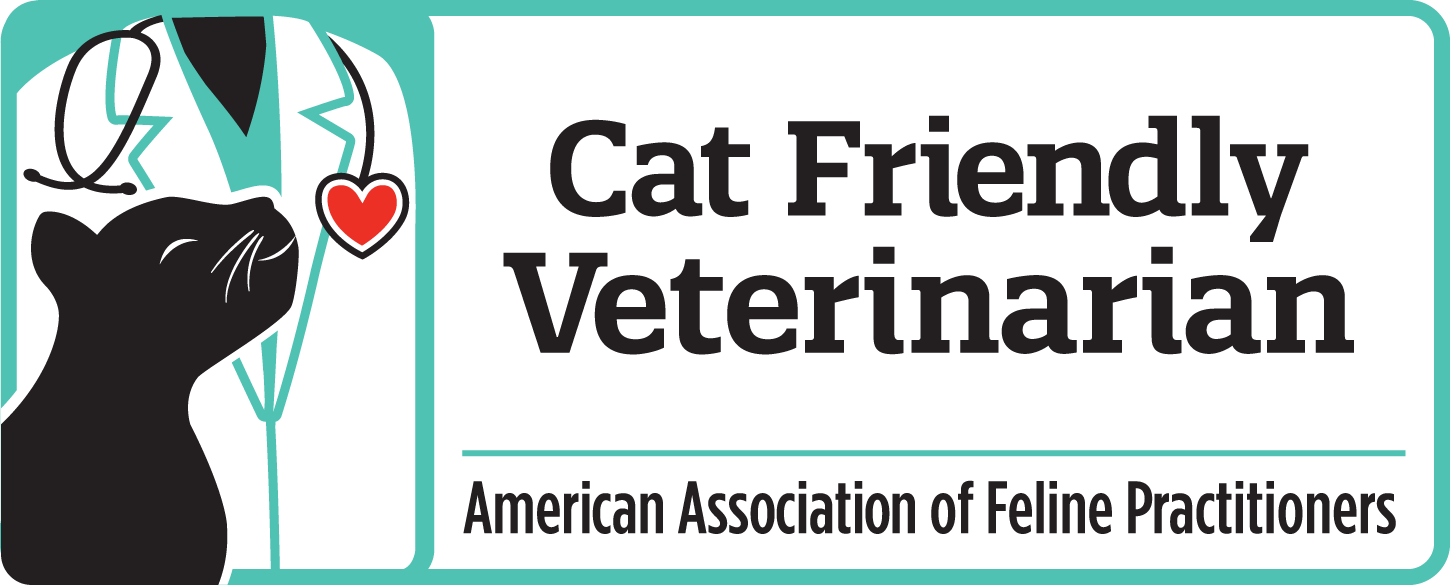|
Waterford Pet Hospital,
What You Need to Know Before Surgery
Many people have questions about various aspects of their pet's surgery, and we hope this information will help. It also explains the decisions you will need to make before your pet's upcoming surgery.
 Is the anesthetic safe? Is the anesthetic safe?
Today's modern anesthetic monitors have made surgery much safer than in the past. Here at Waterford Pet Hospital, we do a thorough physical exam on your pet before administering anesthetics, to ensure that a fever or other illness won't be a problem. We also adjust the amount and type of anesthetic used depending on the health of your pet. The handout on anesthesia explains this in greater detail.
Pre-anesthetic blood testing is important in reducing the risk of anesthesia. Every pet needs blood testing before surgery to ensure that the liver and kidneys can handle the anesthetic. Even apparently healthy animals can have serious organ system problems that cannot be detected without blood testing. If there is a problem, it is much better to find it before it causes anesthetic or surgical complications. Animals that have minor dysfunction will handle the anesthetic better if they receive IV fluids during surgery. If serious problems are detected, surgery can be postponed until the problem is corrected.
We offer various levels of in-house blood testing before surgery, which we will go over with you when you bring your pet in. Our doctors prefer the more comprehensive screen, because it gives them the most information to ensure the safety of your pet. For geriatric or ill pets, additional blood tests, electrocardiograms, or x-rays may be required before surgery as well.
It is important that surgery be done on an empty stomach to reduce the risk of vomiting during and after anesthesia. You will need to withhold food after midnight the night before surgery. Water can remain available the day of surgery.
 Will my pet have stitches? Will my pet have stitches?
For most of our surgeries, we only use absorbable sutures. These will dissolve on their own, and do not need to be removed. Most dogs and cats do not lick excessively or chew at the incision, but this is an occasional problem. Both pharmaceutical and physical strategies can be used to help prevent self-trauma. You will also need to limit your pet's activity level for a time and no baths are allowed for the first 10 days after surgery.
 Will my pet be in pain? Will my pet be in pain?
Anything that causes pain in people can be expected to cause pain in animals. Pets may not show the same symptoms of pain as people do; they usually don't whine or cry, but you can be sure they feel it. Pain medications needed will depend on the surgery performed. Major procedures require more pain relief than things like minor lacerations.
For all our pets, we recommend aggressive medications to reduce pain. Although this may cause some sleepiness in our pets, we believe this is preferable to self-trauma or untreated pain in our furry companions.
Remember some common human medications like ibuprofen or Tylenol can be deadly to our pets.
 What other decisions do I need to make? What other decisions do I need to make?
While your pet is under anesthesia, it is the ideal time to perform other minor procedures, such as dentistry, ear cleaning, or implanting an identification microchip. If you would like an estimate for these extra services, please call ahead of time. This is especially important if the person dropping the pet off for surgery is not the primary decision maker for the pet's care.
When you bring your pet in for surgery, we will need to 5 to 10 minutes of time to fill out paperwork and make decisions on the blood testing and other options available.
We will contact you before your scheduled surgery appointment to confirm your appointment. Our surgeries are routinely "in processed" between 8-9 am the day of surgery, and released to their families between 4-5:30. Special times can be arranged if necessary.
| 

 Is the anesthetic safe?
Is the anesthetic safe? Will my pet have stitches?
Will my pet have stitches? Will my pet be in pain?
Will my pet be in pain? What other decisions do I need to make?
What other decisions do I need to make?




